Explore the wonders of a safari in Tanzania!
Safari in Tanzania: An unforgettable journey of discovery
Tanzania, a country synonymous with safaris, offers one of the most impressive wildlife experiences on the planet. From the vast plains of the Serengeti to the majestic Ngorongoro Crater, a safari in Tanzania is a dream come true for every nature enthusiast. This adventure not only provides the opportunity to see some of the most iconic wildlife. But, also to experience the rich cultures and stunning landscapes that make this country so unique. With Caracal tours & safaris you will enjoy it all.
The magic of the Serengeti
The Serengeti, renowned for its annual migration of millions of wildebeests and zebras, is perhaps the highlight of any safari in Tanzania. This migration, one of the most breathtaking natural events in the world, offers spectacular sights and the opportunity to witness predators such as lions, cheetahs, and hyenas in action.
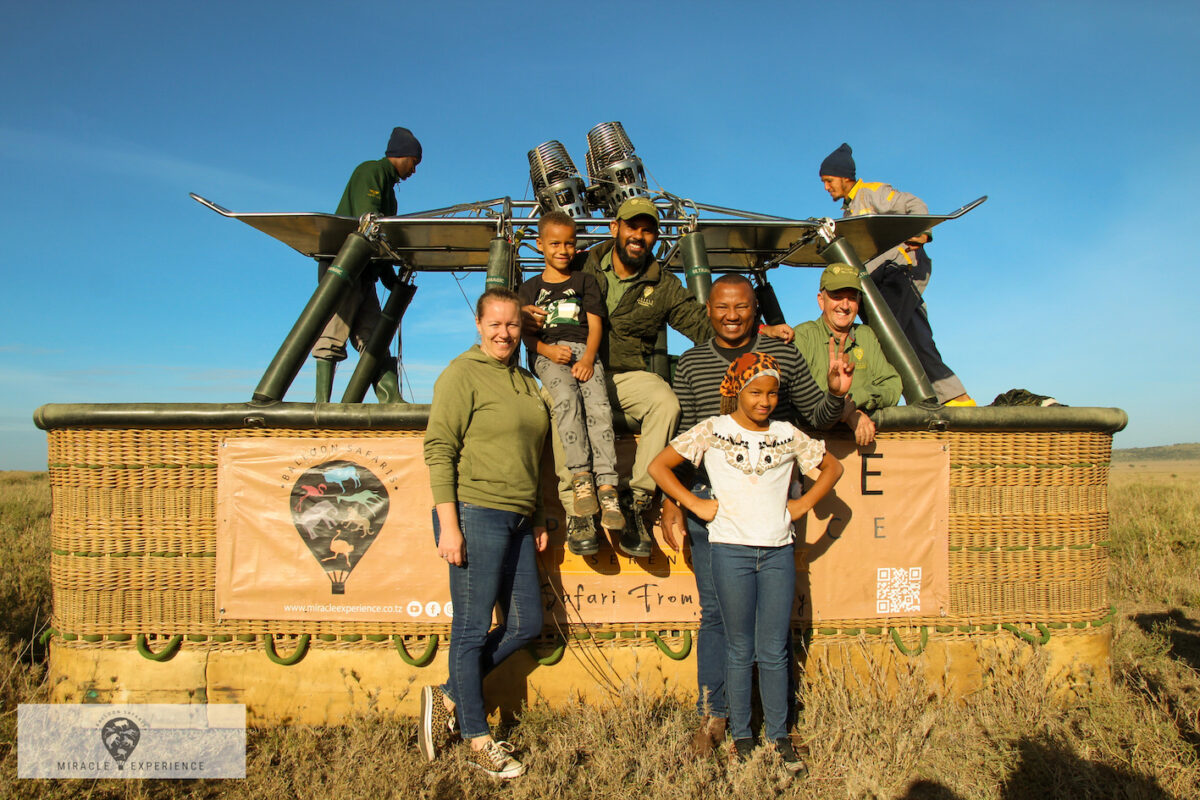
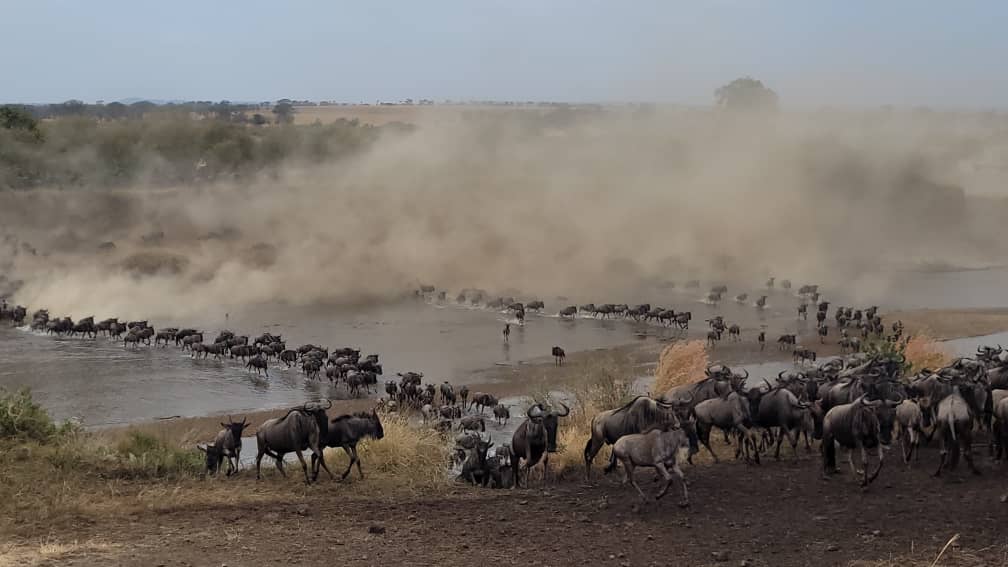
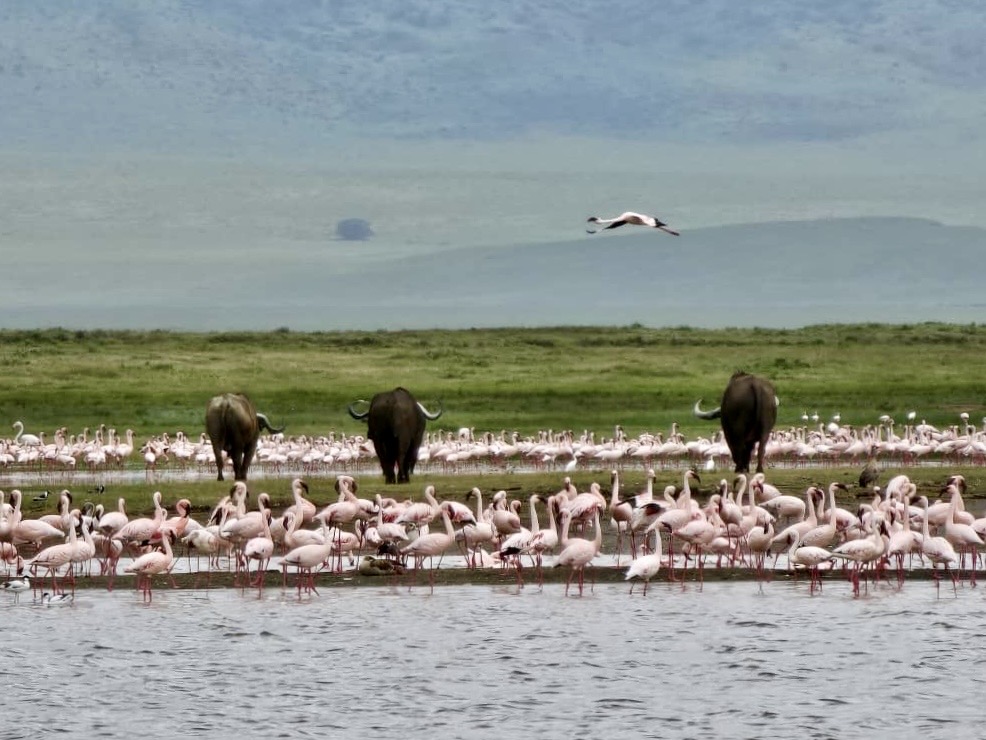
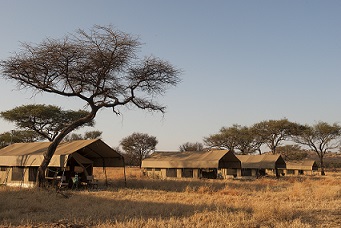
Ngorongoro: a crater full of life
The Ngorongoro Crater, a UNESCO World Heritage Site, is renowned as a natural sanctuary for an incredible diversity of animals. Within this vast volcanic caldera, over 25,000 large mammals reside permanently. These include the rare black rhinoceros, lions, and countless flamingos along the shores of the soda lakes.
Selous Game Reserve: a hidden gem
In contrast to the more visited parks, the Selous Game Reserve offers a more remote safari experience. This reserve is one of the largest pristine wilderness areas in Africa. It is renowned for its rivers, where crocodiles and hippos roam freely.
Tarangire National Park: the empire of elephants
Tarangire is renowned for its high concentration of elephants. The best time to visit this park is during the dry season when animals gather around the Tarangire River, one of the few sources of water during the dry months.
Kilimanjaro: the roof of Africa
Safari in Tanzania: Practical tips for your trip
Before embarking on a safari in Tanzania, there are several important tips that not only make your trip more enjoyable but also safer. Planning is crucial, especially when it comes to choosing the right time and type of safari.
Beste time to go
The best time for a safari in Tanzania is during the dry season from June to October. During these months, the vegetation is less dense, making it easier to spot animals.
Types safaris
There are various types of safaris available in Tanzania. These vary from luxury lodge safaris to camping safaris for the more adventurous traveler. Choosing the right safari depends on personal preferences and budget.
Health and safety
It’s important to arrange vaccinations in advance and to ensure malaria prophylaxis. Additionally, it’s essential to always follow the guidelines of your guide to avoid dangerous situations.
Frequently asked questions
Tanzania is a beautiful destination to visit and explore all year round. Although April and May often bring the most rain, it doesn’t deter travelers from enjoying all the beauty the country has to offer. Additionally, these months are often quieter and can even be slightly more affordable.
The famous river crossings of the wildebeest migration usually occur from late July to early September. Although, this can vary from year to year. In February, the southern plains of the Serengeti are flooded with wildebeests giving birth to their calves, an impressive spectacle to witness.
As for the weather, the cooler months from June to August are ideal for a visit, especially for those looking to avoid the heat. Whatever your preference, Tanzania has something for everyone, all year round.
In Tanzania, you will certainly encounter the Big Five: the elephant, lion, buffalo, rhinoceros, and leopard. You don’t even need to go to the Serengeti if you already have Ngorongoro and Tarangire on your itinerary. But the Serengeti is especially famous for the immense herds of wildebeests, a spectacle you won’t find anywhere else in the world.
The giraffe, the national symbol of Tanzania, can be seen in large numbers, even outside the national parks. Additionally, there are numerous other antelope species, warthogs, and hundreds of bird species, ranging from small finches to impressive ostriches. Tanzania offers unparalleled diversity of wildlife, making it a paradise for nature and wildlife enthusiasts.
For more information on travel advice and vaccinations, you can visit the travel clinic. A yellow fever vaccination is mandatory if you have recently been in a country where yellow fever is endemic. In addition, vaccinations for DTP (diphtheria, tetanus, and polio) and hepatitis A are recommended.
Although malaria is rare in tourist areas, malaria prophylaxis is still prescribed as a precautionary measure. It is advised not to drink tap water and to be cautious with uncooked vegetables while in Tanzania. However, this is not a concern on safari, as clean drinking water is always available, and food is prepared safely.
Tanzania generally has a conservative lifestyle. So, it’s important to show respect for the local culture and customs. Here are some tips for appropriate behavior:
Clothing: Wear clothing that covers the shoulders, arms, and legs, especially in religious or traditional settings. Avoid wearing short skirts or shorts in public places to respect local norms.
Public affection: Public displays of affection between lovers are generally not appreciated, so avoid showing too much affection in public.
Photography: Always ask for permission before taking a photo of people, especially local residents. Respect their privacy and culture by seeking their consent before taking a photo.
By following these simple guidelines, you can interact respectfully with the local population and their culture during your stay in Tanzania.
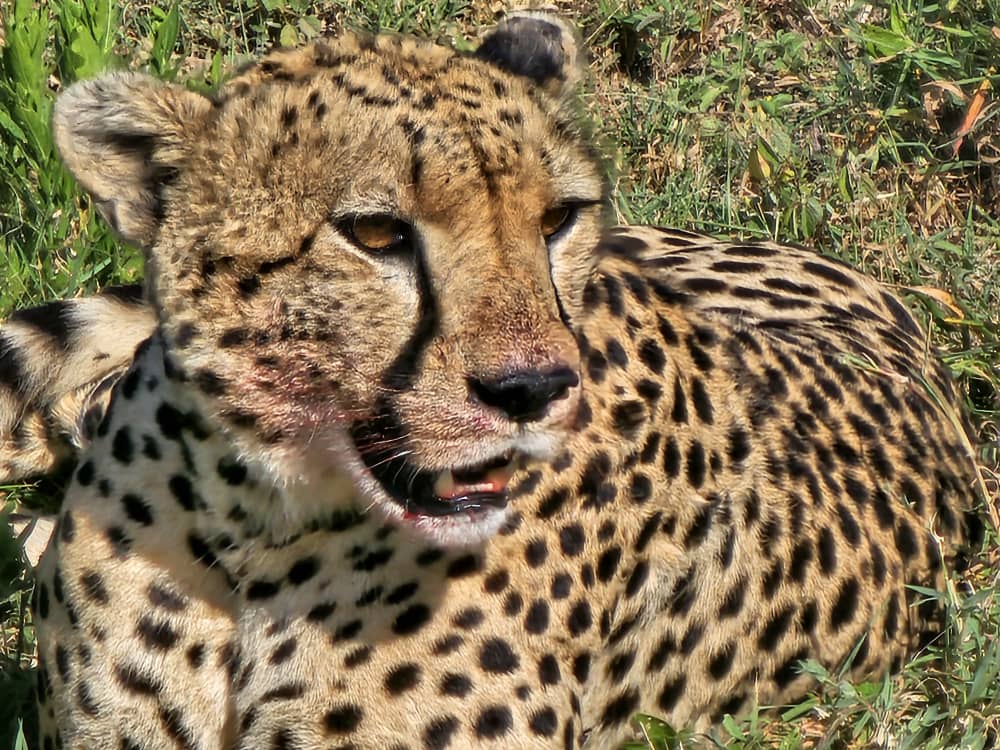
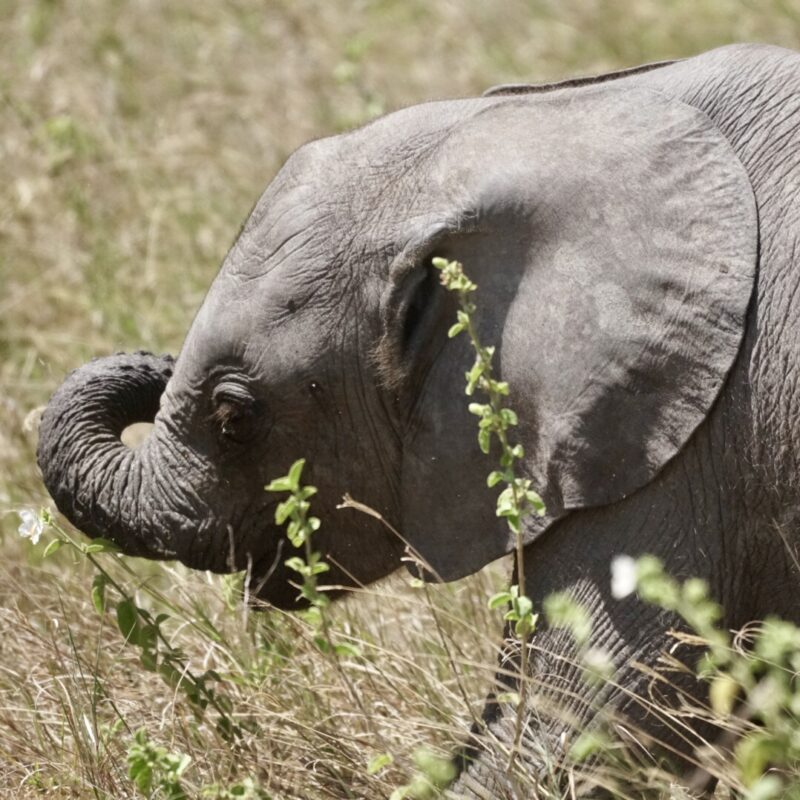
Conclusion
A safari in Tanzania is more than just a vacation; it’s a profound experience that can change your perspective on nature and wildlife forever. Whether you want to witness the great migration in the Serengeti, admire the rich wildlife population in Ngorongoro, or explore the remote wilderness of Selous, Tanzania offers an adventure that awaits you. With the right preparations and respect for the natural environment, you will make your safari-adventure in Tanzania one of thee most memorable experiences of your life.
